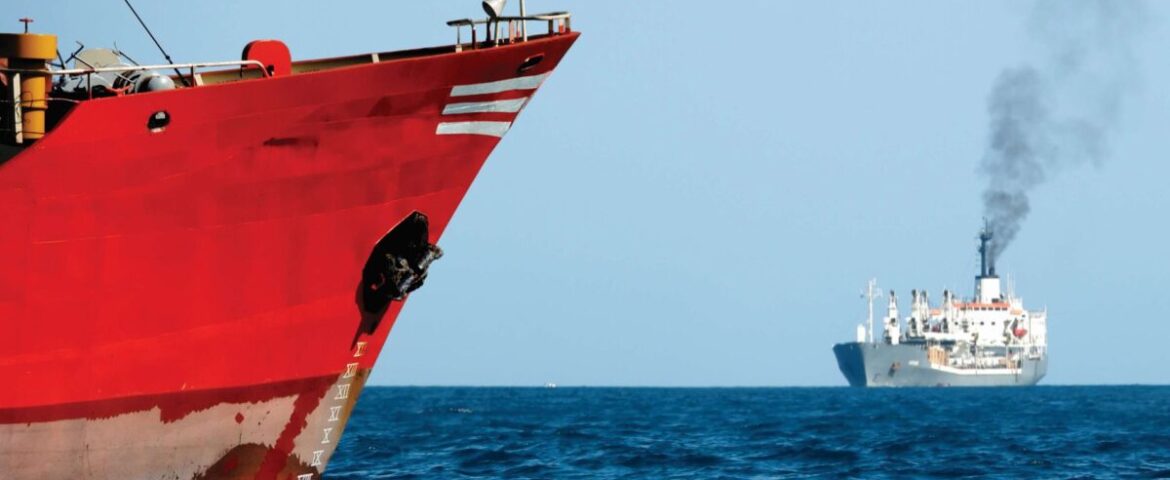The latest study of PortEconomics member Pierre Cariou co-authored with Jason Monios, Alice Thébault-Guët (KEDGE Business School), and Ronald Halim (Equitable Maritime Consulting) titled The Impact of the Mediterranean Sulfur Emission Control Area (SECA) on trade and countries, recently presented in a two-day conference held in Le Havre on Data and Maritime Sustainability from May 25th to 26th, 2023.
The paper was motivated by the fact that, despite the general consensus on the benefits of implementing SECA, it took 15 years for Mediterranean countries to agree on a new Med SECA in 2022. Additionally, many regions worldwide still lack any SECA regulations, which may be attributed to the scarcity of studies on the economic impact of SECA on trade.
The study presents a specific modelling framework that combines a global freight mode choice model to estimate Mediterranean maritime bilateral trade and an augmented gravity model to assess the impact of increased Maritime Trade Cost on Mediterranean trade. The application of this framework to over 230,000 maritime bilateral flows reveals significant implications. Specifically, vegetable products show a decrease of 0.7 million USD (-3.8%) in Mediterranean trade, followed by metals with a decrease of 0.66 million USD (-2.8%), and mineral products with a decrease of 0.38 million USD (-1.0%). Italy (-1.1 million USD) and Morocco (-0.9 million USD) are identified as the two countries likely to be most impacted by the future Med SECA.
The study has been presented by Pierre, and you can find the presentation here.












